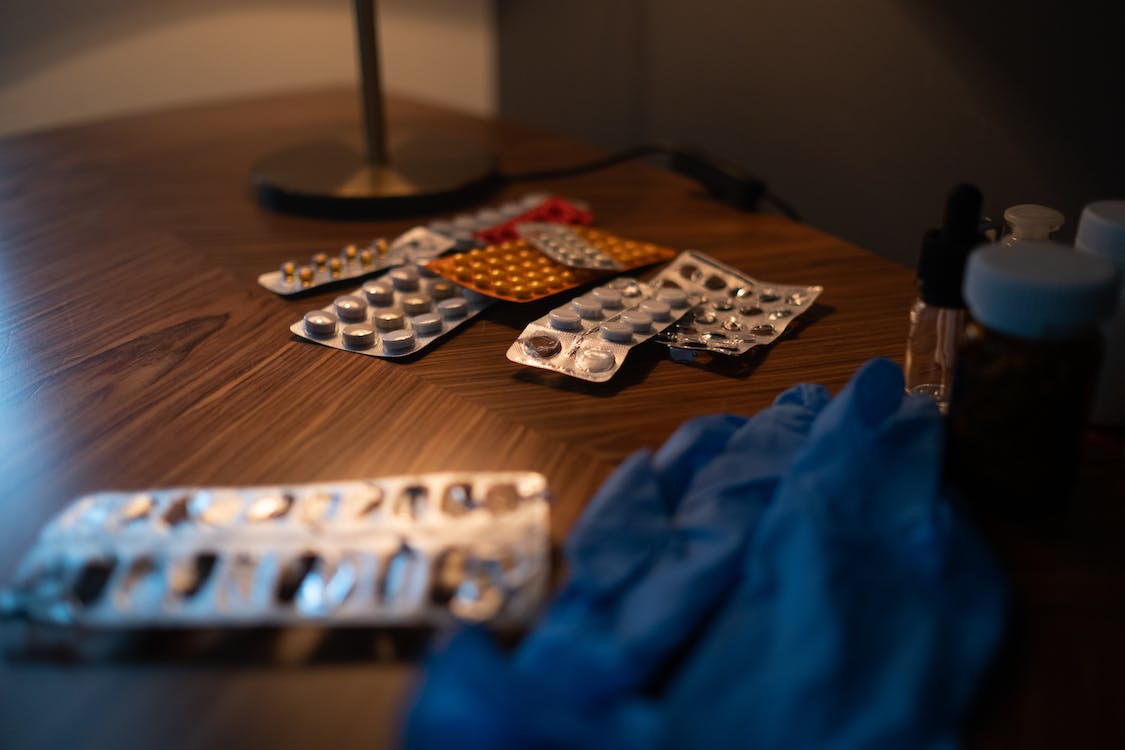It is crucial to understand the dangers of self-medication and recognize the signs of addiction. Self-medication refers to the practice of using substances or engaging in certain behaviors to alleviate emotional pain, cope with stress, or manage mental health symptoms. However, this approach can lead to a dangerous cycle of dependency and further exacerbate underlying issues. Here, we address frequently asked questions related to this topic, providing insights that resonate with South African audiences.
- What are common signs of self-medication and addiction? Signs of self-medication and addiction may include an increasing reliance on substances or behaviors to cope with emotions or stress, difficulty reducing or stopping substance use, neglecting responsibilities, experiencing withdrawal symptoms when attempting to quit, changes in mood or behavior, and strained relationships due to substance use. It is essential to be aware of these signs and seek help if you or someone you know exhibits them.
- How does self-medication impact mental health? Self-medication can temporarily provide relief from emotional distress or mental health symptoms. However, it does not address the underlying causes and can lead to a worsening of mental health conditions over time. It can also contribute to the development of co-occurring disorders, where substance use and mental health issues occur simultaneously, requiring specialized treatment.
- Are there specific substances commonly used for self-medication? Substances commonly used for self-medication vary, but alcohol, marijuana, prescription opioids, benzodiazepines, and stimulants are frequently involved. It is important to note that any substance or behavior used as a coping mechanism can be considered self-medication if it becomes habitual and leads to negative consequences.
- How can self-medication be distinguished from appropriate medication use? Distinguishing self-medication from appropriate medication use can be challenging. It is essential to consult with healthcare professionals who can assess your needs, prescribe medications when necessary, and monitor their usage. Appropriate medication use involves following prescribed guidelines, regular check-ins with healthcare providers, and adjusting medications under professional supervision.
- How can professional help be beneficial in addressing self-medication and addiction? Professional help is crucial for addressing self-medication and addiction. Addiction counselors and healthcare professionals can provide a comprehensive assessment, identify underlying issues, and develop personalized treatment plans. They offer evidence-based therapies, support groups, and guidance to help you break free from the cycle of self-medication and build healthier coping mechanisms.
Recognizing the signs of self-medication and addiction is the first step towards seeking help and reclaiming your life. If you or someone you know is struggling, reach out to professionals who specialize in addiction treatment.
It is important to expand on specific aspects of the dangers of self-medication and recognizing the signs of addiction to gain a deeper understanding.
Here are some additional details to consider:
- Dual Diagnosis: Self-medication often occurs in individuals with co-occurring disorders, where substance abuse and mental health issues coexist. Mental health conditions such as anxiety, depression, or trauma can drive the desire to self-medicate. It is crucial to address both substance use and underlying mental health concerns in order to achieve comprehensive recovery.
- Escalation of Use: Self-medication can lead to a dangerous escalation of substance use over time. Initially, individuals may turn to substances as a means of temporary relief, but as tolerance develops, larger amounts or more potent substances may be required to achieve the desired effect. This can rapidly spiral into addiction and significantly impact physical and psychological well-being.
- Increased Health Risks: Self-medication can lead to numerous health risks. Substance abuse can result in organ damage, impaired cognitive function, weakened immune system, increased risk of accidents or injuries, and overdose. Additionally, engaging in high-risk behaviors associated with substance use can lead to the transmission of infectious diseases, such as HIV or hepatitis.
- Interference with Treatment: Self-medication hampers the effectiveness of professional treatment. When substances are used to manage symptoms or emotions, they interfere with the recovery process and can undermine the benefits of therapy or medication prescribed by healthcare professionals. Addressing self-medication is crucial for maximizing the effectiveness of addiction treatment.
- Breakdown of Relationships: Self-medication often strains relationships with family, friends, and loved ones. Substance abuse can lead to broken trust, conflicts, and emotional distance. It is important to recognize the impact self-medication has on your relationships and seek help to repair and rebuild those connections as part of your recovery journey.
Understanding the complexities and risks associated with self-medication is essential to prevent further harm and seek appropriate help. Recognizing the signs of addiction and reaching out for professional support are vital steps towards breaking the cycle of self-medication and achieving long-term recovery. By engaging in evidence-based therapies, working with addiction specialists, and developing healthy coping mechanisms, you can reclaim control of your life and experience the transformative power of recovery.
Embrace the power of self-awareness, self-compassion, and the guidance of addiction specialists. Surround yourself with a supportive network that believes in your ability to heal and grow. Remember, you are not alone on this journey. Reach out for professional assistance, engage in evidence-based therapies, and actively participate in your own recovery.
As author Marianne Williamson once wrote, “Our deepest fear is not that we are inadequate. Our deepest fear is that we are powerful beyond measure.” Believe in your own strength, resilience, and potential. With determination, support, and a positive mindset, you can conquer self-medication, overcome addiction, and create a life filled with joy, purpose, and lasting sobriety.
You have the power to rewrite your story, embrace a healthier path, and inspire others along the way. Embrace the journey, trust in the process, and know that a brighter tomorrow is within your reach.




